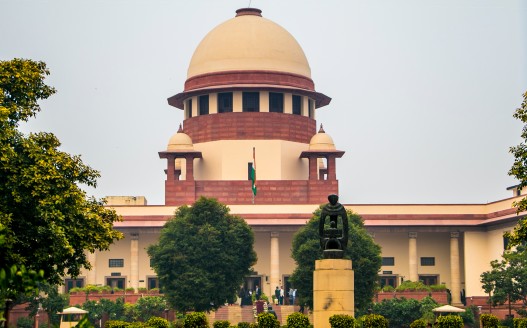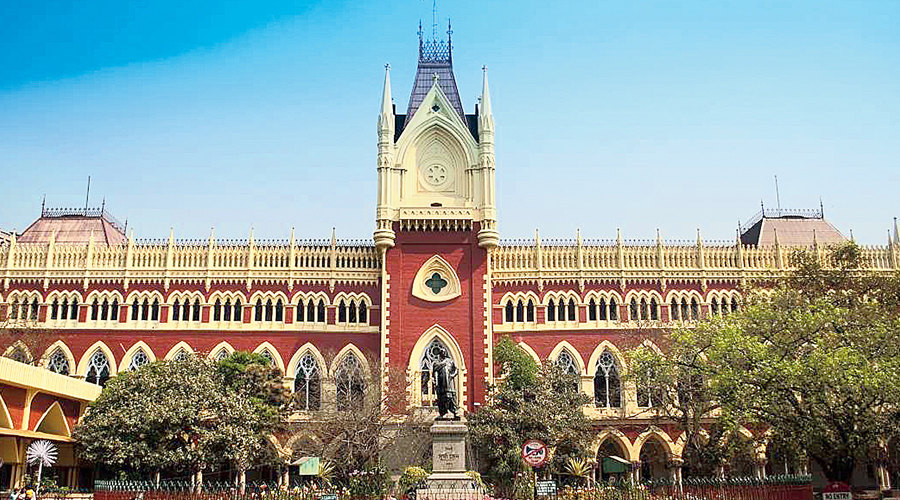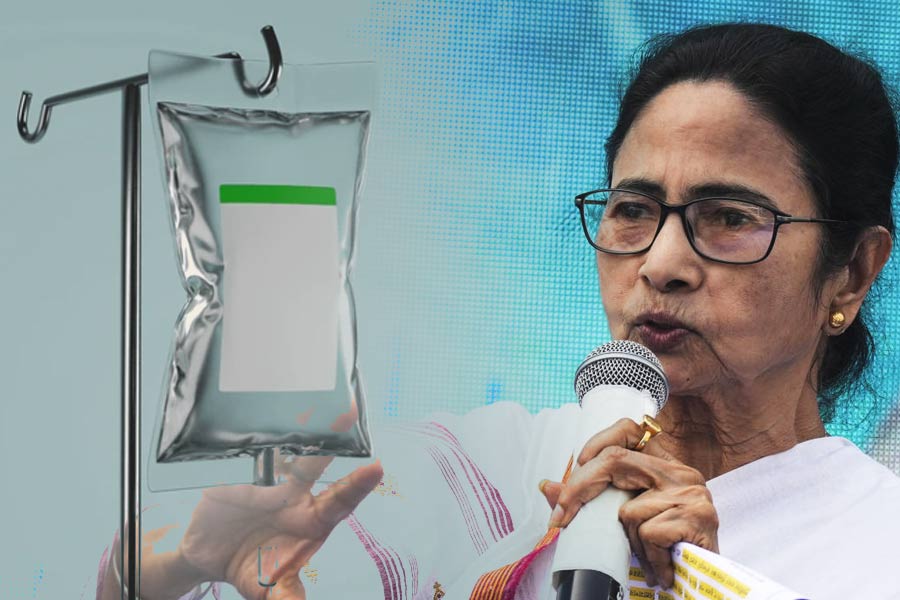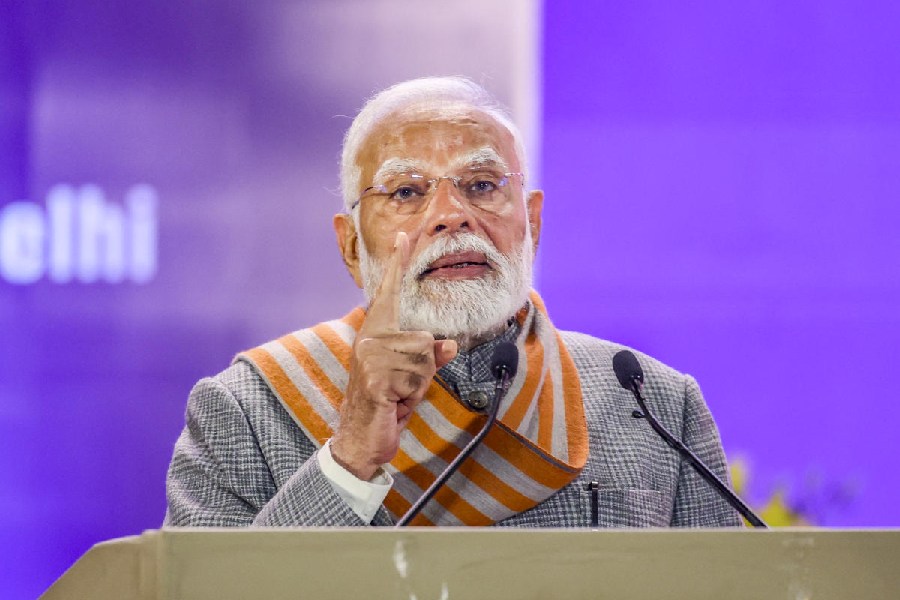The Supreme Court has directed all private schools to pay teachers within six weeks gratuity with retrospective effect from April 3, 1997, along with interest. In a judgment delivered on Tuesday, the court upheld the validity of Parliament’s amendment to the Payment of Gratuity Act, 1972, including teachers under the purview of “employee” and making it mandatory for private schools to pay gratuity to those eligible.
The Payment of Gratuity (Amendment) Act, 2009, inserted Section 13A to amend Section 2(e) of the original act that had left teachers out of the ambit of those it considers an “employee”. The amended act said its retrospective reach would be from April 3, 1997.
Dismissing a challenge to the amendment from private schools and entities associated with them, a bench of Justices Sanjiv Khanna and Bela M. Trivedi said the inclusion “remedies the injustice and discrimination suffered by the teachers on account of a legislative mistake”.
It said gratuity was “one of the minimal conditions of service”.
“The amendment seeks to bring equality and give fair treatment to the teachers. It can hardly be categorised as an arbitrary and high-handed exercise,” the Supreme Court said.
“The appeals, transfer case and the writ petitions are dismissed. The stay orders… are vacated. The private schools would make payment to the employees/teachers along with the interest in accordance with the provisions of the PAG Act within a period of 6 weeks from today and in case of default, the employees/teachers may move the appropriate forum to enforce payment in accordance with the provisions of the PAG Act,” the bench said in the judgment dated August 30.
The court dismissed a batch of appeals filed by the Independent Schools’ Federation of India and various other private educational institutions challenging the amendment as being arbitrary and in violation of their fundamental rights guaranteed under Articles 14 (equality), 19(1)(g) (right to practise any profession), 21 (life and personal liberty) and 300A (no person can be deprived of property except by due authority of law) of the Constitution.
The petitioners had challenged in the Supreme Court the orders of the high courts of Allahabad, Gujarat, Delhi, Bombay, Punjab and Haryana, Chhattisgarh and Madhya Pradesh that had refused to interfere with the amendment.The PAG Act of 1972 mandates the payment of gratuity to an employee who has rendered five years of service. The terminal benefit is paid at the time of retirement or resignation, or after death or disablement caused by disease or accident.
However, because of technical lacunae, private school teachers were excluded from the benefit of gratuity.In 2004 the apex court had in the Ahmedabad Private Primary Teachers’ Association vs Union of India case held that the Payment of Gratuity Act would not apply to teachers as they were not included in its definition of an “employee”. However, the court had said it was for Parliament to include teachers in the Act.
Consequent to the judgment, Parliament in 2004 brought teachers under the ambit of the act, which was challenged by school managements and the legal tangle continued for over 18 years.
Upholding the amendment, Justice Khanna, who authored the judgment, said: “When the legislature acts within its power to usher in a valid law and rectify a legal error, even after a court ruling, the legislature exercises its constitutional power to enact the law and does not overrule an earlier court decision.
“The schools have claimed violation of Articles 14, 19(1)(g), 21 and 300A of the Constitution of India which, in our opinion, are not violated….” The Supreme Court added: “The amendment with retrospective effect remedies the injustice and discrimination suffered by the teachers on account of a legislative mistake, which was understood after the pronouncement of the judgment in Ahmedabad Private Primary Teachers’ Association (supra).”
Justice Khanna said the amendment was necessary to ensure that something that was due and payable to teachers was not denied to them because of a defect in the statute.
“Payment of gratuity cannot be categorised as a windfall or a bounty payable by the private schools as it is one of the minimal conditions of service. In this background, the argument of the private schools that they do not have capacity and ability to pay gratuity to the teachers is unapt and parsimonious,” the court said.
It added: “The power to amend, which includes the power to amend the statute with retrospective effect, is a constitutional power vested with the legislature, which is not confined and restricted to any particular type of statutes, namely tax statutes. We would not accept any attempt to circumscribe and limit the power vested with the sovereign legislature, thereby putting fetters when such fetters are not prescribed by the Constitution.”












